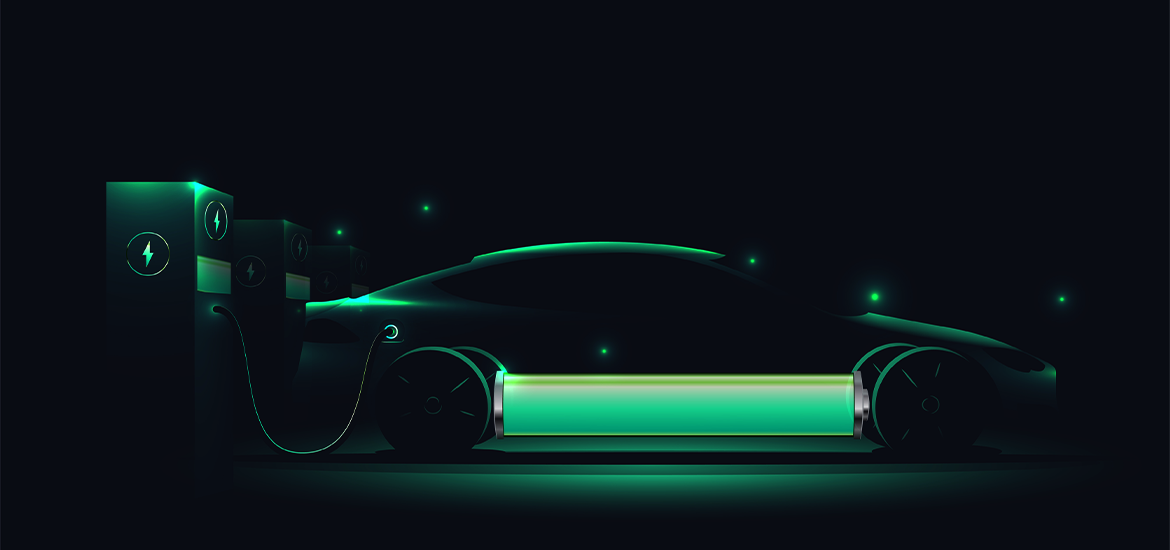
Electric Car Depreciation
Find out all you need to know about electric car depreciation in this article.
When a vehicle depreciation is when a vehicle's value decreases. This means that the value of the car has changed from what it was when you originally bought it. A loss in value usually occurs in the first 1 to 2 years after buying the vehicle, with the average vehicle dropping in value by around 50 to 60% over the course of the first three years of ownership.
Your vehicle will lose value as it ages, and any damage to the car - such as scratches or an unclean interior - could make this worse. This is a disappointing yet inevitable aspect of owning a car, with the largest factors contributing to car depreciation being the age and mileage of the vehicle. This of course still applies to EVs. Find out all you need to know about electric car depreciation here.
What is Car Depreciation?
Car depreciation refers to your car’s loss in value as it gets older.
There are several factors that influence your cars depreciation. The number of miles you drive, the number of years you have it for, and the demand for your particular model will all influence its value.
Your car will still depreciate, regardless of whether it is powered by an electric motor and battery, or a traditional combustion engine.
How Much Do Cars Depreciate Per Year in the UK?
The AA states that the average new car loses around 60% of its value after three years.
The higher the initial cost of the car, the more your vehicle will depreciate – so a £100,000 Mercedes-Benz will depreciate faster than a £30,000 Vauxhall, purely because there is further for the price to fall.
Do Electric Cars Depreciate Faster Than ICEs?
Regardless of how your vehicle is powered, it will undoubtedly lose value over time. When electric vehicles were first gaining popularity, they were depreciating in value faster as they were less in demand.
Whilst demand for EVs is increasing, it is still nowhere near the consistent demand for petrol and diesel vehicles.
Electric vehicles have several advantages over ICE-powered vehicles - namely cheaper maintenance costs. Now that electric vehicles are becoming a more mainstream option, petrol cars tend to depreciate faster than electric vehicles.
Though, some electric vehicles do depreciate at a similar rate to ICE vehicles - particularly if there is less demand for, or concern surrounding, a newer model.
The Downside to Electric Vehicle Depreciation
Even though electric vehicles depreciate slower than internal combustion engine vehicles, there are still some concerns to bear in mind.
Worries surrounding battery replacements, and the fluctuating demand for these vehicles means that depreciation rates for electric vehicles can be unpredictable. As technology evolves every year, previous models are not as alluring to some as the latest electric vehicle.
The UK plug-in vehicle grant that was offered by the government until June 2022 also influences this depreciation. This incentive was designed to encourage more drivers to invest in electric vehicles, by reducing the upfront costs.
However, incentives such as this one impact the resale value of the car later down the line.
As charging points become gradually more accessible, and the design of electric vehicles improves, demand will more than likely increase.
Not to mention the fact that the UK government plans to end the sale of new petrol and diesel cars by 2035, so electric vehicles will likely make up an even bigger share of cars on UK roads soon enough.
What Factors Contribute to Electric Car Depreciation?
Other factors which can cause electric vehicles to depreciate include:
-
Age
-
High mileage
-
The type of electric vehicle in question
-
Condition of the battery
-
Cosmetic condition, interior and exterior
-
Size
What Can I Do to Limit Depreciation?
As with petrol and diesel vehicles, the best thing you can do to maintain the health of your electric vehicle is to book a car service on a regular basis.
By keeping your electric vehicle in the best possible shape, you can help to minimise the factors which could encourage depreciation when it comes to your vehicle.
You can also avoid making unnecessary journeys which could raise the mileage and opt for a vehicle which has lower running costs.
The other option you may opt for to avoid electric vehicle depreciation, is to lease an EV, or sign up to an EV subscription service. You get a new car after an agreed period, and you don’t own the vehicle - so you never have to worry about depreciation.
Book online today!
Read More
How to Buy an Electric Car
While you don't need to forget everything you know about buying a car to make the switch to an EV, weighing up your options might help you drive an electric car and avoid the worst impacts of depreciation.
What Electric Cars Can You Drive For £400 a Month?
A brand-new car is a big investment – especially if you are a first-time electric vehicle owner. However, with contracts such as leasing, or PCP (Personal Contract Purchase) you could begin driving your dream EV for as little as £400 a month. Find out which ones in this article.
Should I Buy or Lease an Electric Car?
If you’ve decided that you want to join the electric car revolution, you’ll need to weigh up the best way to go about it. Two of your options include buying or leasing. There isn’t a correct answer to this question, it will depend on your personal situation. This article will help you make the right decision.